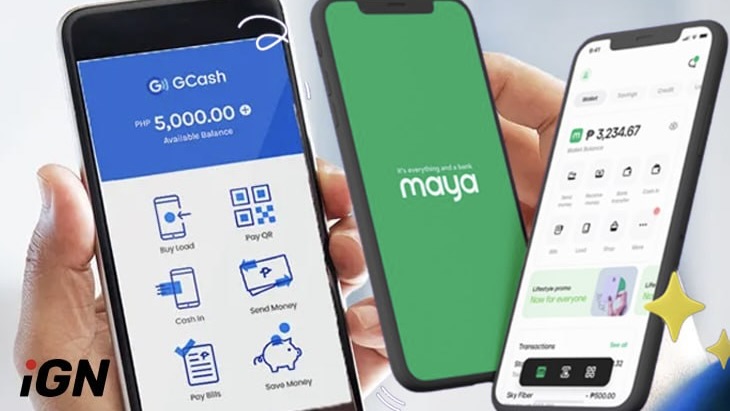Philippines Proposes Ban on E-Wallet Use for Online Gambling

Philippine lawmakers are drafting a bill that would prohibit the use of popular e-wallets like GCash and Maya to fund online gambling accounts.
E-Wallets and Gambling: A Growing Concern
Lawmakers are increasingly alarmed by how fintech apps are making online gambling dangerously easy to access. According to Congressman Jonathan Flores, all it takes is an e-wallet to instantly deposit funds into a gambling app and start placing bets. This convenience, he warns, poses a particular risk to low-income individuals who might gamble away their last savings in hopes of quick returns.
“The easier it is to top up, the faster people fall into addiction,” Flores stated.
How This Became Possible
Many e-wallets now offer more than just payment services—they also include direct access to online gambling options. Some even provide loans, which only worsens the situation. This enables users not only to fund their gambling instantly but also to gamble on credit, increasing the risk of debt and financial ruin.
How E-Wallets Profit from Gambling
Lawmakers believe platforms like GCash and Maya earn transaction fees from every deposit made to gambling apps. The more users spend on iGaming, the more revenue these digital wallets generate.
What the Proposed Bill Includes
The draft legislation outlines several key measures:
- A ban on integrating e-wallet platforms with gambling websites and apps
- Blocking transactions tied to online gambling
- Restrictions on digital advertising of iGaming services
- Removal of in-app gambling links from e-wallets
Flores clarified that he does not oppose e-wallets themselves, acknowledging their benefits for everyday transactions. However, he insists that “e-wallets must not become gateways to gambling addiction.”
Will There Be Penalties?
The bill currently does not specify any penalties. Flores is still investigating the extent of e-wallet involvement in gambling and assessing which government agencies should be involved in regulation. Depending on how the situation evolves, stricter enforcement or even a total ban may be considered.
Impact on Families and Youth
Flores pointed to a rise in families affected by gambling addiction. He stressed that even teenagers and breadwinners are falling into the trap of online gambling due to its easy accessibility.
He also criticized the role of influencers and celebrities in promoting gambling apps: “As long as these apps are endorsed by influencers, millions of Filipinos are being lured deeper into debt and addiction.”
Support from Other Lawmakers
Congressman Rolando Valeriano is advocating for a stricter stance:
- Revoking administrative orders that allow online gambling
- Nullifying licenses issued to online operators by PAGCOR and GAB
- Prohibiting the use of any e-payment system for placing bets
He also proposed restricting gambling exclusively to licensed physical establishments monitored directly by PAGCOR and GAB.
What’s Next?
The bill is expected to be formally introduced by the end of July. In the meantime, Flores is urging the Bangko Sentral ng Pilipinas (BSP) and the Securities and Exchange Commission (SEC) to review e-wallet providers that enable gambling access through their platforms.
If no corrective action is taken, lawmakers may push for more drastic measures, including a complete ban on e-wallets for gambling-related use.
Table: Key Proposals in the Draft Bill
| Measure | Description |
|---|---|
| Integration Ban | Disallow linking e-wallets to gambling apps |
| Transaction Blocking | Reject payments tied to iGaming platforms |
| Link Removal | Eliminate built-in gambling links from e-wallets |
| Ad Restrictions | Ban digital ads for online gambling |
| Alternative Option | Permit gambling only in licensed physical venues |
Conclusion
While e-wallets have greatly simplified everyday payments, their connection to gambling is raising serious red flags. Lawmakers aim to curb this integration in order to prevent further addiction, financial losses, and harm to Filipino families.
